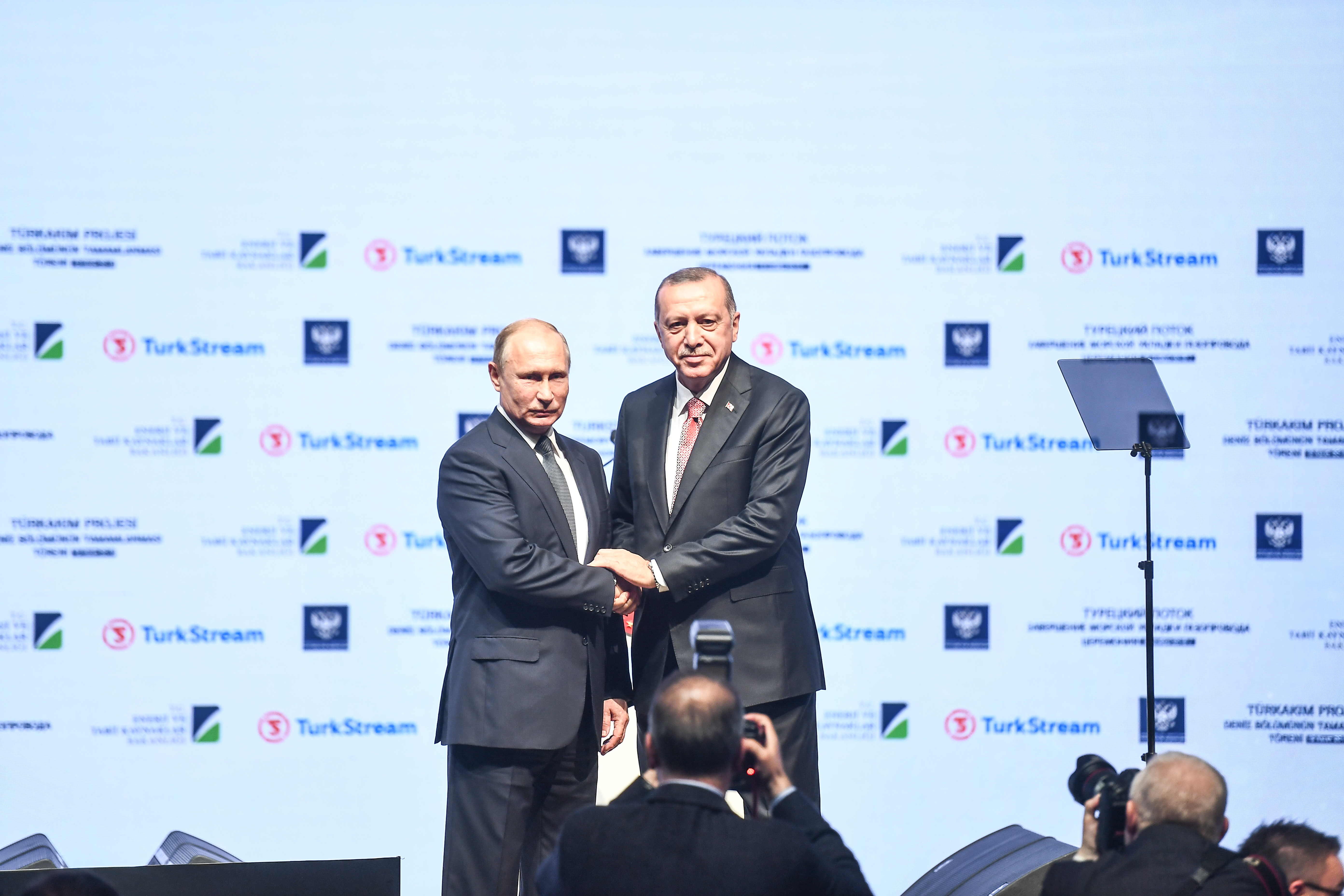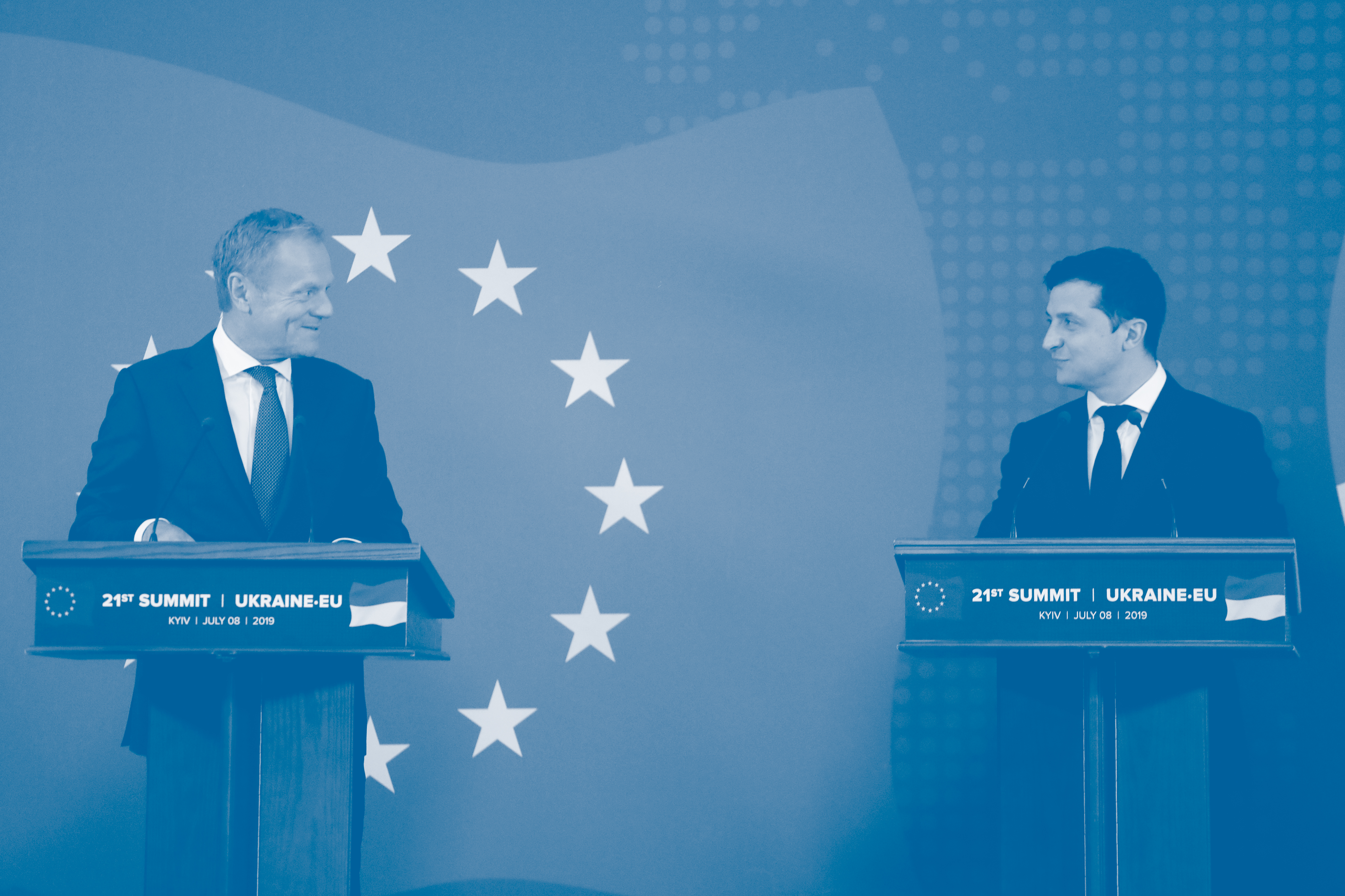By Hamdi Firat Buyuk| Sarajevo
Erdoğan’s defeat in local elections signals his weakening in domestic politics, while Turkey is becoming Russia’s political hostage in its foreign policy, as the Kremlin’s hand strengthens.


By Alexandru Bălășescu | Hong Kong
On 20 April, barely a week into settling in Hong Kong, my attention was captured by the front page of a local newspaper, featuring a photo-collage with a handcuffed wrist and Trudeau on the background of the Chinese and Canadian flags (see photo). But without understanding the writing, the meaning was anybody’s guess.
Mine was that it was related to the arrest of Mrs. Meng, the CFO of Huawei in Canada (because I was coming from Vancouver, where I had spent the prior 5 years). I sent the picture back to my friends in Canada, and one of the answers was: “It’s funny to see Trudeau as bad boy.” I also asked for a translation, and it seemed that the intention was to portray Trudeau rather as a sad boy, caught in the possible conundrum that the now-infamous Hong Kong extradition bill would generate.

By Andreas Umland | Kiev
Many political experts both in and outside Ukraine have reacted negatively or very negatively to the meteoric political rise of Ukrainian comedian Volodymyr Zelensky. Indeed, Zelensky’s presidency could prove problematic in various ways. His 2019-2024 term as Ukraine’s head of state may prove to be an even more ambivalent enterprise than those of the other two top contenders in this year’s presidential elections, the opposition leader Yulia Tymoshenko and the former president Petro Poroshenko, would have been. Still, for all the apt scepticism, there is also – as in the case of certain positive aspects of Tymoshenko’s and Poroshenko’s unsuccessful bids for president – a bright side to Zelensky’s victory. One can identify at least three major risky or negative, but also three relatively encouraging dimensions of his rule.